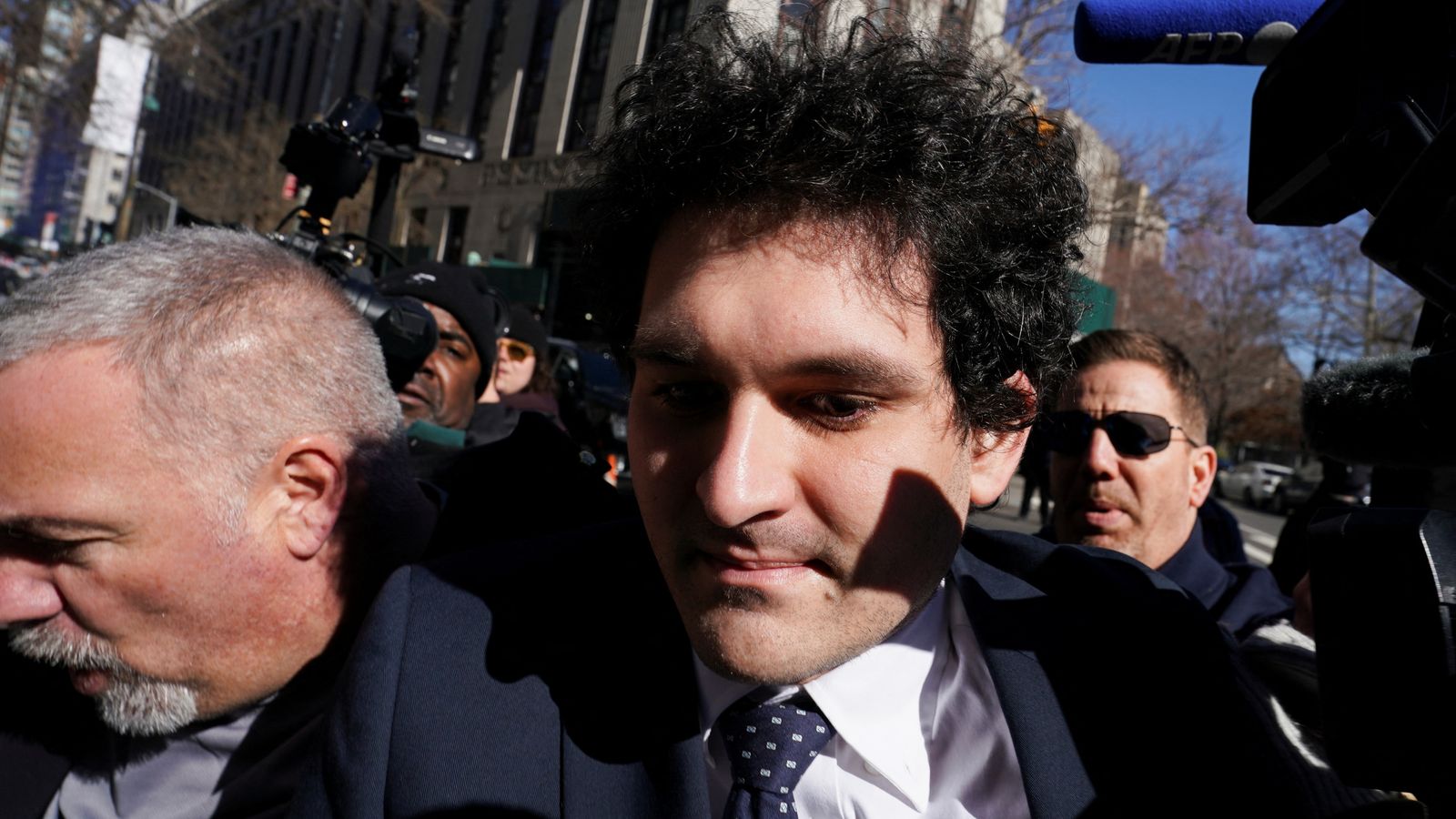Hook: FTX is not going down without a fight. After two years of chaos and collapse, the bankrupt crypto exchange is on a legal rampage, filing 25 lawsuits to reclaim hundreds of millions of dollars lost to shady deals, scammers, and questionable investments. But will this epic battle bring justice or uncover deeper scandals?
The Story Behind FTX’s Collapse and Lawsuit Frenzy
FTX, once one of the largest cryptocurrency exchanges, crumbled in 2022 due to allegations of fraud and mismanagement. Now, after a court approved its reorganization plan, the FTX estate is taking action to recover as much money as possible for its creditors. They have launched a series of lawsuits against various figures who received funds from FTX during its heyday. These targets include well-known businessmen like Anthony Scaramucci, shady traders, game developers, and even bank executives. Let’s break down the key players in this legal drama:
1. Scaramucci and SkyBridge Capital: The Surprising Partnership
- Who? Anthony Scaramucci, a famous businessman and former Trump official, along with his investment firm, SkyBridge Capital.
- What happened? FTX poured over $100 million into Scaramucci’s projects, including investments in funds and sponsorships for his SALT conference. However, FTX claims these investments were made without proper financial sense, and that Scaramucci took advantage of FTX’s founder, Sam Bankman-Fried, who was eager to spend big without asking questions.
- Why does it matter? FTX is suing to get back around $67 million, including money from the sale of Bitcoin and Solana tokens that Scaramucci’s firm sold without approval. The lawsuit even challenges a $45 million bankruptcy claim made by SkyBridge, accusing it of trying to reclaim money it already received.
Key Terms to Remember:
- Clawback: A legal action to retrieve money that was improperly given away.
- Sponsorships: Financial support given in exchange for promotional opportunities.
2. Meerun the Exploiter: The Rogue Trader Who Went Too Far
- Who? Nawaaz Mohammad Meerun, a notorious trader linked to multiple exploits on FTX.
- What did he do? Meerun manipulated the prices of low-value tokens on FTX, allegedly making over a billion dollars in profit. He used fake email addresses with funny names like “motherofallburgers” and “donerkebabveryspicy” to cover his tracks. Despite his massive gains, he had the audacity to file a bankruptcy claim for $13 million left on the platform.
- Why does it matter? FTX is going after Meerun for the hundreds of millions he siphoned off, labeling him as a key figure in organized crime networks. The lawsuit aims to recover this money, highlighting how one person could manipulate the system and still try to claim even more.
Key Terms to Remember:
- Exploits: Taking advantage of vulnerabilities in a system for financial gain.
- Bankruptcy Claim: A request for repayment by someone who has lost money in a bankrupt company.
3. Storybook Brawl Developers: A Fantasy Game That Became a Financial Nightmare
- Who? Good Luck Games (GLG), the creators of Storybook Brawl.
- What happened? FTX invested $25 million into this small game development company, which was run by friends of Bankman-Fried. Despite the large investment, the game never left its testing phase, and developers continued to receive high salaries until FTX’s collapse.
- Why does it matter? The lawsuit is trying to recover over $24 million, claiming that this was a massive waste of FTX’s funds for a game that never made it to market. This case shows how poorly FTX managed its investments, throwing money into projects with no clear return.
Key Terms to Remember:
- Beta-testing: The phase where a game is tested before its official release.
- Mismanagement: Poor handling of resources or decisions, especially involving money.
4. Jean Chalopin and Deltec Bank: The Bank with Crypto Dreams
- Who? Jean Chalopin, chairman of Deltec Bank, which partnered with FTX.
- What happened? FTX invested $11.5 million into a holding company owned by Chalopin. This company controlled Farmington State Bank, which then rebranded as Moonstone to focus on crypto services. However, the venture failed, and federal authorities seized $50 million of FTX’s capital, leading the bank to wind down its operations.
- Why does it matter? FTX claims this investment was a bad deal from the start. They are now seeking to recover the money, arguing that it was a wasted effort with no significant benefit.
Key Terms to Remember:
- Rebranding: Changing the image or focus of a company.
- Winding down: Gradually closing a business.
Why This Is Important for You
Understanding this story gives you a deep dive into how big financial mistakes can happen even at the top levels of the cryptocurrency world. It highlights several key issues:
- The Risks of Poor Management: FTX’s downfall was partly due to careless investments and partnerships without due diligence. This shows why it’s essential to research and make smart, informed decisions in business, especially in the fast-paced crypto industry.
- Legal Battles in Crypto: The lawsuits reveal the dark side of the crypto world, where manipulations and fraudulent activities can go unnoticed until it’s too late. It also shows the complex process of trying to recover lost funds.
- Learning from Mistakes: By understanding the errors made by FTX, you can learn valuable lessons about the importance of financial transparency, proper investment strategy, and ethical business practices.
This ongoing legal drama is not just about recovering lost money; it’s a lesson in the high stakes of the crypto industry. It shows how easily trust can be broken and why it’s crucial to have strong regulations and safeguards in place to protect investors.



